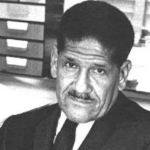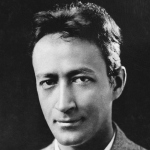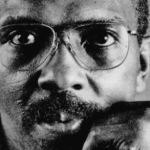Do not embrace your mind’s new negro friend
Or embarrass the blackballed jew with memberships:
There must be years of atonement first, and even then
You may still be the blundering raconteur
With the wrong story, and they may still be free.
If you are with them, if even mind is friend,
There will be plenty to do: give the liars lessons
Who have heard no rumors of truth for a long time
But have whatever they hear on good authority,
Whether it concerns Chinese women or the arts.
Expose the patrons, some of whose best friends
Are brothers, and who are never now anonymous:
What kind of credit do they expect for that,
Ask them, or better, ask their protested brothers,
The grateful tenants who can’t get their curtsies right.
Finally the injured, who think they have no friend,
Who have been convinced by the repeated names
That they are jews or negroes or some dark thing:
They must be courted with the lover’s touch
And as guiltily as if yourself had turned them inward.
If you complete this program, you will have friends
From all the rich races of your human blood:
Meantime, engage in the often friendless struggle.
A long war, a pygmy war in ways,
But island by island we must go across.



















Comment form: